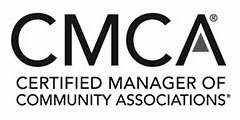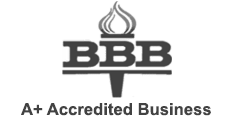When considering the purchase of a new home, car, or another large investment, your first step should be to improve your credit score. Mortgage giant Freddie Mac indicates that better credit may help home buyers to secure a mortgage with a lower interest rate. It also reports that credit scores between 770 and 850 are very good and will get the best rates available. Before applying for this type of long-term, high-value loan, it’s essential to take steps in any way to increase your score.
Check Your Credit Report First
Credit report errors can lead to costly problems for credit scores. Individuals should check their score at least one time every 12 months. You can do this without any cost to you by using AnnualCreditReport.com, the only government-approved source for accessing credit reports from the top three reporting agencies: TransUnion, Equifax, and Experian. You can request a free report from each of these bureaus at the site one time every 12 months. Spreading them out by requesting one report every four months can help you monitor your report consistently to spot errors.
If you find errors, visit the reporting agency’s website:
Follow the on-site details to find a dispute with the agency. The company reporting the inaccurate information then has 30 days to respond and prove the claim or must remove the negative marks from your score. Plan to do this a few months in advance of obtaining your loan.
Protect Your Identity
Consumers also need to take steps to protect their identity and personal information whenever possible. This means minimizing the number of applications for new credit as well as monitoring changes to credit data. LifeLock is an ideal solution for this. It allows for inexpensive monitoring of this important financial data that could help you to secure a loan faster and at a better rate.
Obtain New Loans First
Before applying for a large loan, prove to the lender you can handle credit effectively. Those without a solid credit history may wish to take out small loans. Purchase an appliance using a store credit card or open a personal loan at a bank. The key here is to:
- Pay the money back over a few months to show you can manage credit.
- Make payments on time or early.
- Avoid carrying the balance more than a few months.
By doing this, it is possible to boost a credit score because it allows you to increase the amount of available credit you have (with the new loan) and improve your credit payment history (by making payments on time every month). This is especially important for consumers who have no credit or are 18 or more months out from filing bankruptcy, reports Nolo.com.
Use Retirement Accounts
In extreme cases, you may wish to borrow money from a retirement account such as an IRA or 401(k) to pay off existing debt. This can help boost your credit score as long as you do not close those accounts. However, you may pay significantly in taxes in this situation if you cannot obtain a loan through these retirement accounts.
Boosting your credit score even minimally can help you to secure a lower interest rate loan. That can save you thousands of dollars over the lifetime of your loan.








